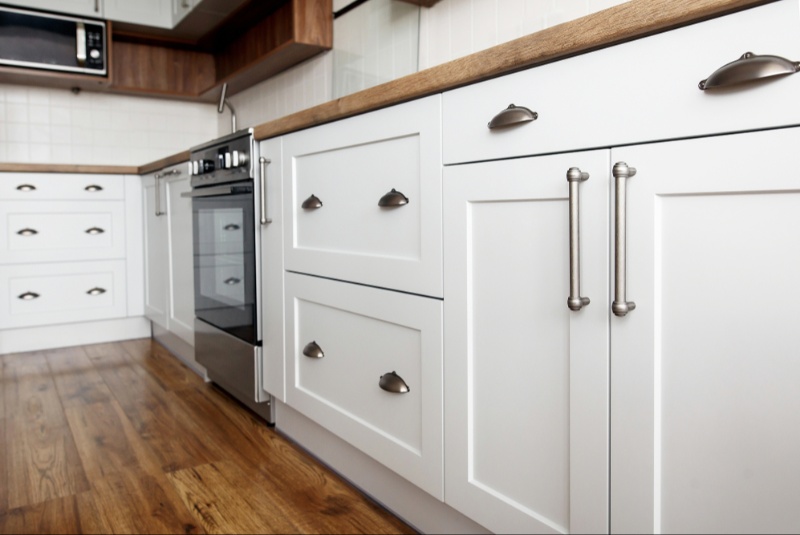Home repairs and renovations can be an expensive affair, but they are often necessary to maintain or improve the quality of your living space. The good news is that there are plenty of ways to save money without compromising on the final result. In this article, we explore eight essential tips to help you cut costs on your home repairs and renovations, allowing you to achieve the dream home you've always wanted without breaking the bank.
- Prioritize your projects
One of the most effective ways to save money on home repairs and renovations is to prioritize your projects. Start by listing down all the improvements you want to make and rank them based on urgency, impact, and budget. By focusing on the most important tasks first, you can allocate your resources more effectively and avoid spending money on unnecessary repairs.
- Do it yourself (DIY)
If you have the skills and time, consider taking on some of the repair or renovation work yourself. DIY projects can save you a significant amount of money by cutting labor costs. There are countless resources available online, including tutorials, videos, and blogs that provide step-by-step instructions for various home improvement tasks. However, be realistic about your abilities and only attempt DIY projects if you are confident in your skills and have the necessary tools to complete the job.
- Shop around for materials and services
To save money on home repairs and renovations, it's crucial to shop around for the best prices on materials and services. Compare prices at different stores, and don't hesitate to negotiate for a better deal. Additionally, consider buying materials in bulk to take advantage of discounts. When hiring contractors or other professionals, get multiple quotes and ask for recommendations from friends, family, or online reviews to find the best value for your money.
- Plan and stick to a budget
Creating a detailed budget for your home repairs and renovations is essential to keep costs under control. List down all the expenses, including materials, labor, permits, and any other fees. Be sure to include a contingency fund for unforeseen expenses that may arise during the project. Once your budget is in place, stick to it and avoid making impulsive decisions that can lead to additional costs.
- Repurpose and reuse materials
Before you start any home renovation project, assess the materials you already have and see if they can be repurposed or reused. For example, old cabinets can be refinished or repainted instead of replaced, or salvaged wood can be used for new shelving. By repurposing and reusing materials, you not only save money but also reduce waste and contribute to a more sustainable environment.
- Time your projects strategically
The timing of your home repair and renovation projects can significantly impact the overall cost. For instance, certain materials and services may be more affordable during the off-season. Additionally, you may be able to find better deals on labor and materials during sales events such as Black Friday or end-of-year clearance sales. By timing your projects strategically, you can take advantage of these cost-saving opportunities and stretch your budget further.
- Opt for energy-efficient upgrades
Investing in energy-efficient upgrades for your home can result in long-term savings on utility bills. While the initial cost of these upgrades may be higher, they will pay off over time by reducing your energy consumption. For example, consider installing energy-efficient windows, insulation, or appliances. You may also qualify for tax credits or rebates, further lowering the overall cost of your renovation.
- Maintain and repair regularly
Regular maintenance and timely repairs are crucial for keeping your home in good shape and preventing costly problems down the line. By addressing minor issues as they arise, you can avoid more extensive repairs and renovations in the future. Schedule regular inspections of your home's systems, such as plumbing, electrical, and HVAC, to catch potential problems early on. Also, perform routine tasks like cleaning gutters, sealing cracks, and checking for pests to prevent more significant issues.
Saving money on home repairs and renovations doesn't mean you have to compromise on quality or aesthetics. By prioritizing your projects, doing some work yourself, shopping around for the best deals, sticking to a budget, repurposing materials, timing your projects strategically, investing in energy-efficient upgrades, and maintaining your home regularly, you can cut costs and still achieve the home of your dreams. With careful planning and smart choices, your home renovation can be both affordable and rewarding.





